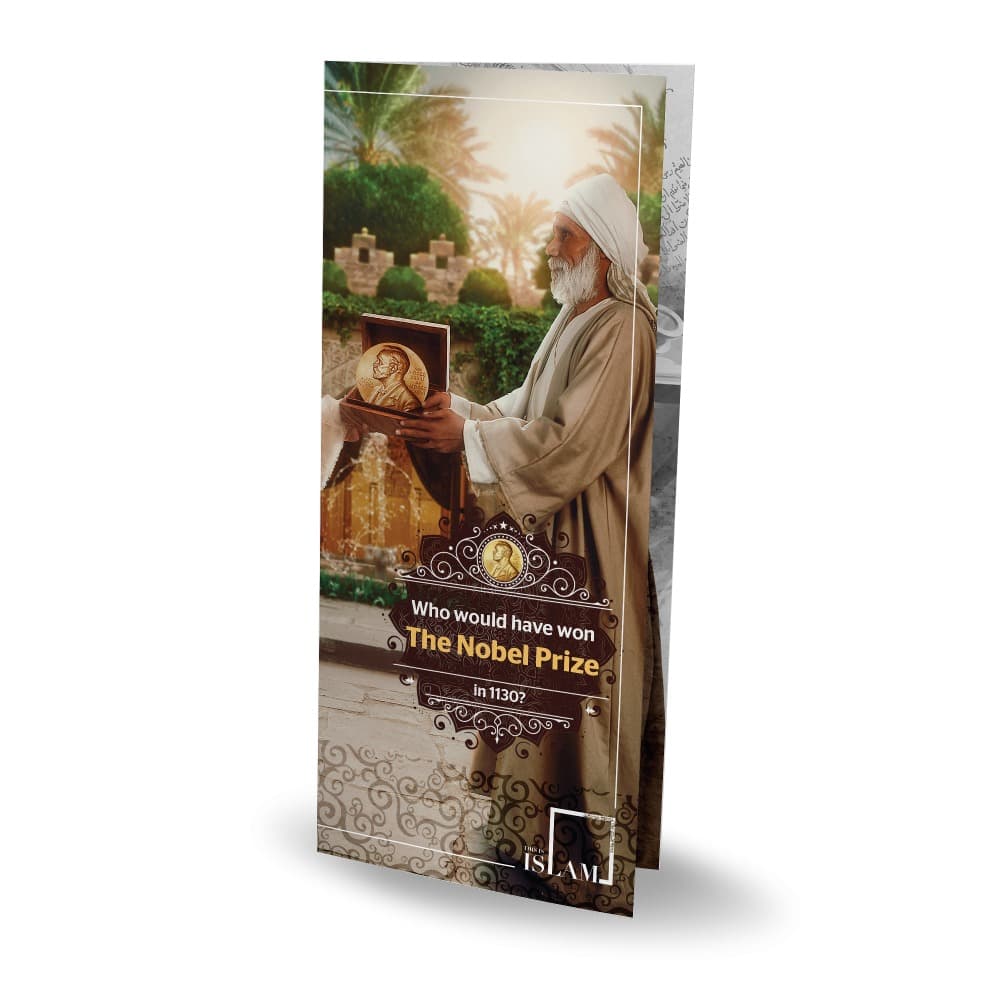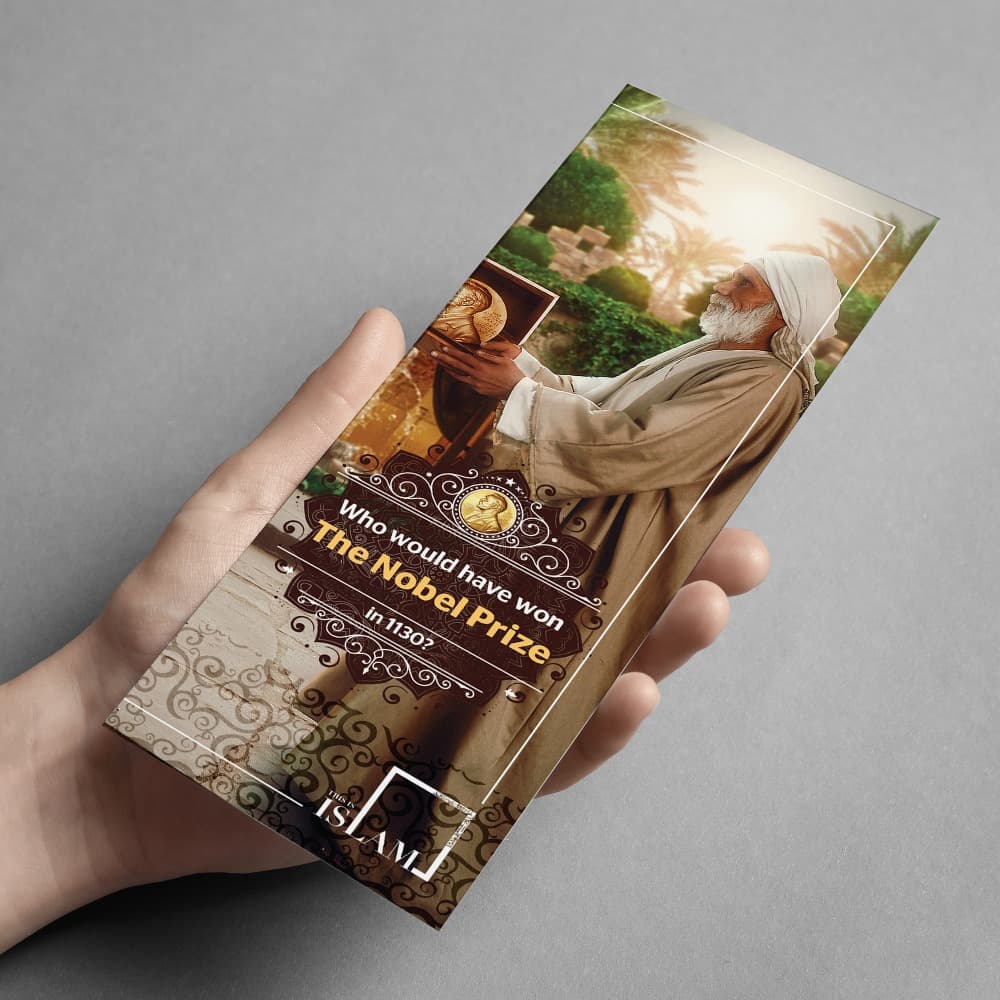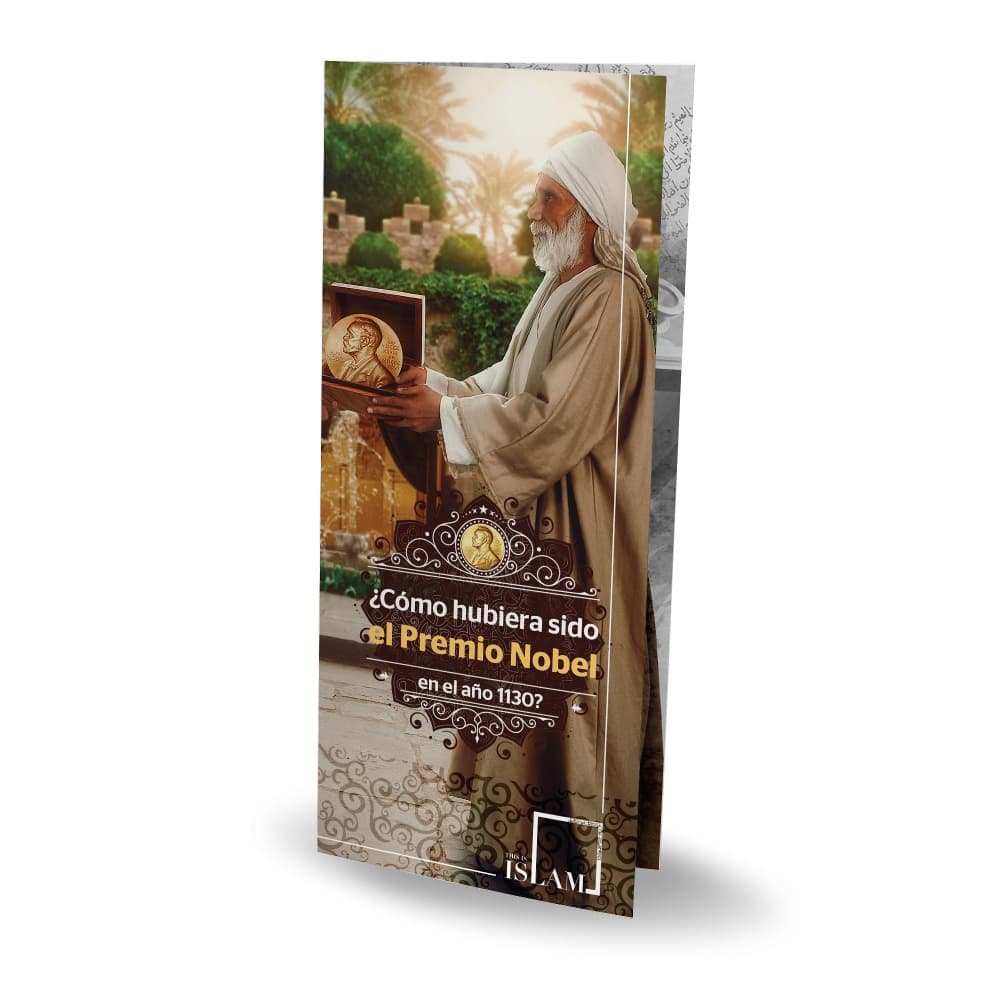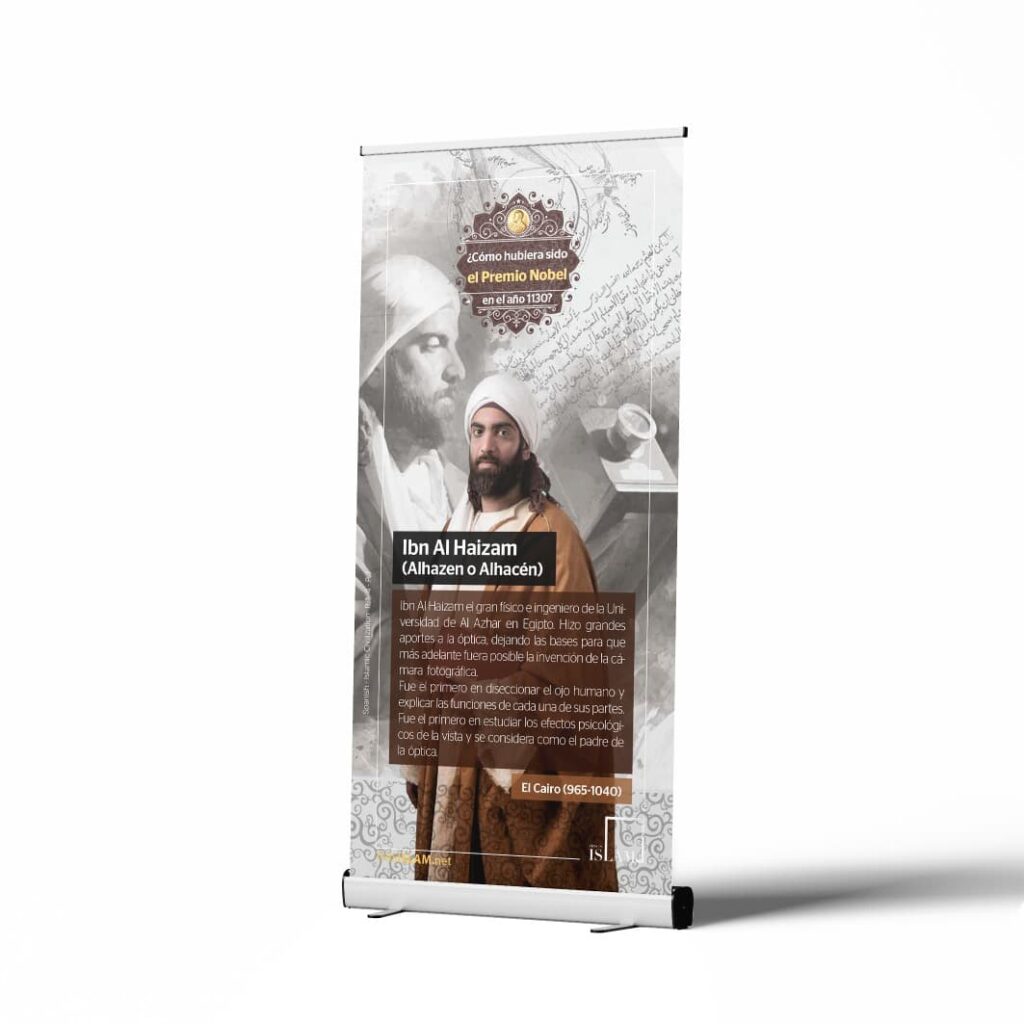Who would have won the Nobel Prize in 1130?
The Islamic civilization dominated the world for more than 800 years from 630 -to 1430 CE. and the Islamic world, with Arabic as its language, was the leader in science and knowledge. Knowledge reached its peak in a period called the ‘Islamic Golden Ages’ when numerous scientists emerged, who excelled in various fields such as Medicine, Astronomy, Mathematics and Engineering. Students from around the world would travel to learn from them and their books and research continued to be taught in many universities around the world. The books of Ibn Sina and Al-Khwarizmi, and other Muslim geniuses were used to teach at the prestigious Sorbonne University in France until the 1920’s.
In modern times, when we look at the nearly 900 Nobel Prize winners since the award’s inception, we find Muslim recipients are less than ten in number! One wonders how this happened when the first word revealed in the Holy Quran to the Messenger of Islam was “read”? This is an explicit call to obtain knowledge, learn and discover the means that lead to knowing the Creator of the universe and its Controller.
Ibn Al-Haytham – Cairo (965 – 1040 CE)
Ibn Al-Haytham, a scholar of Physics and Mathematics, was associated with the Al-Azhar Mosque in Egypt. He made the greatest contributions to optics and founded the principles leading to the invention of the camera. He was the first to describe the complete anatomy of the human eye and explained its functions. He was also the first to study the effects and psychological factors affecting vision and is considered the “father of modern optics”.
Mariam Al-Asturlabi – Aleppo (10th century CE)
Mariam was a female Muslim astronomer who developed the complex Astrolabe, an ancient astronomical instrument. It was used to measure the height of the sun in the sky and estimate the time of day or night. The Astrolabe was used as pocket watches for medieval astronomers and formed the basis of constructing the compass and satellites.
Al-Khwarizmi-Baghdad (790-850 CE)
A mathematician, arithmetician and astronomer, Al-Khwarizmi’s books were translated into other languages since early times. Numerous Arabic words, such as ‘algebra’, ‘algorithm’ and ‘zero’ were introduced into Latin because of him. Al-Khwarizmi is considered the founder of algebra and authored many books on geography and astronomy.
Ibn Al-Nafis – Damascus (1213-1288 CE)
He was a scholar of Islamic Shariah (legislation) and jurisprudence and was one of the greatest medical scientists and physiologists in history. He was the first to accurately detect and describe microcirculation. Ibn Al-Nafis is considered one of the pioneers of human physiology and developed theories that scientists rely upon to this date.
Double sided A4 color copy paper.
Paper Size: 80-100g














Reviews
There are no reviews yet.